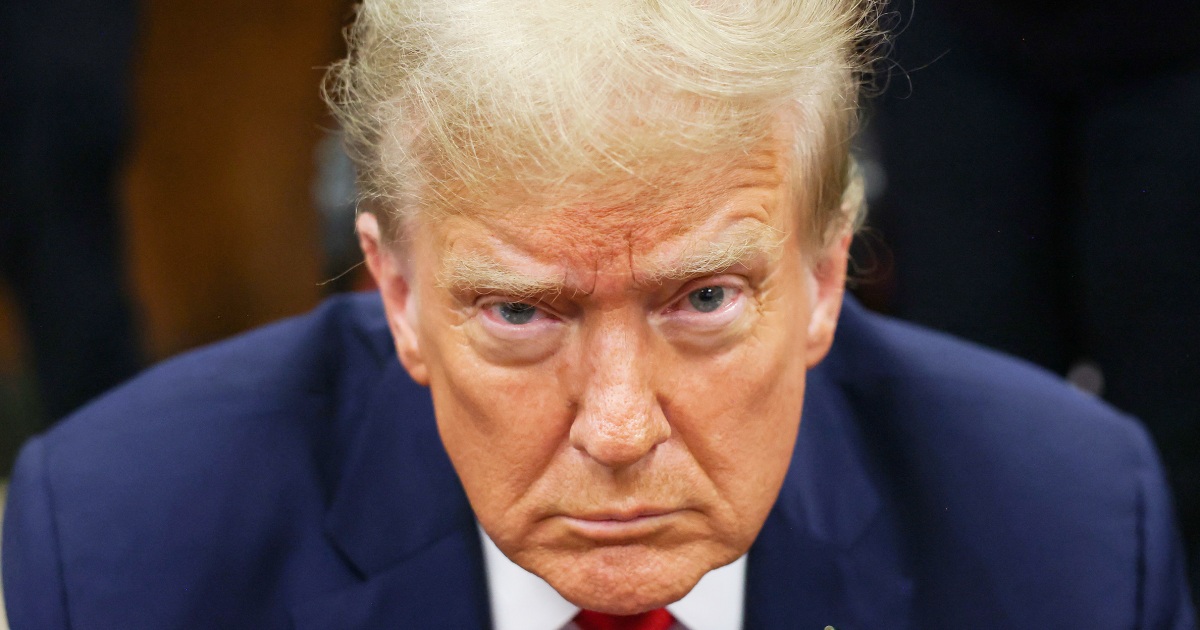The judge presiding over Donald Trump‘s New York hush money trial on Friday postponed the sentencing that was scheduled for next week to allow for more time for arguments on whether the case should be dismissed.
State Judge Juan Merchan ruled after Manhattan District Attorney Alvin Bragg’s office said in a court filing earlier this week that it wouldn’t oppose a motion by Trump’s attorneys to delay his sentencing on 34 felony counts of falsifying business records.
In a brief order, Merchan set new deadlines in early December for Trump’s lawyers and prosecutors to make their arguments about whether the case should be dismissed in light of his being elected president. The defense must file by Dec. 2 and the prosecution has until Dec. 9 to respond.
Merchan also delayed deciding on another pending question about whether the verdict should be set aside because of the Supreme Court’s decision regarding presidential immunity. He was originally scheduled to decide on those motions by Nov. 19.
He did not schedule a new date for sentencing. Trump is scheduled to be sworn in as president on Jan. 20.
Trump had been scheduled to be sentenced on Nov. 26, but his attorneys argued that the sentencing hearing — and the entire case — should be “immediately dismissed” because of presidential immunity protections, which they contend are already in place as a result of his “overwhelming victory” on Election Day.
“Just as a sitting President is completely immune from any criminal process, so too is President Trump as President-elect,” Trump lawyers Todd Blanche and Emil Bove argued in a filing Wednesday.
They’ve also argued he can’t be sentenced after his term in office because that’s too long to wait.
Trump last week said he plans to nominate Blanche and Bove for high-ranking posts at the Justice Department in his new administration.
Prosecutors in Manhattan said they would challenge Trump’s efforts to dismiss the hush money case but acknowledged that his sentencing might need to take place after he leaves office.
“The People deeply respect the Office of the President, are mindful of the demands and obligations of the presidency, and acknowledge that Defendant’s inauguration will raise unprecedented legal questions,” their filing said.
“Given the need to balance competing constitutional interests, consideration must be given to various non-dismissal options that may address any concerns raised by the pendency of a post-trial criminal proceeding during the presidency, such as deferral of all remaining criminal proceedings until after the end of Defendant’s upcoming presidential term,” prosecutors added.
Trump was convicted on all counts in May after a weekslong trial at which he was accused of having falsified business records to cover up his reimbursement of hush money his then-lawyer Michael Cohen paid to adult film star Stormy Daniels in the closing days of the 2016 presidential campaign.
Daniels claimed she had a sexual encounter with Trump in 2006, an allegation he has denied.
Trump was first scheduled to be sentenced in July, but the proceeding was put off in the wake of a U.S. Supreme Court ruling that month that expanded presidential immunity protections in a federal case against Trump. After that ruling, his attorneys said the New York conviction and its underlying indictment should be dismissed, arguing that the Supreme Court’s decision means prosecutors shouldn’t have been permitted to use some of the trial evidence against him.
The Manhattan jury verdict marked the first time a former U.S. president had ever been convicted of a crime. The case was the only one of four criminal cases brought against Trump after he left office in 2021 to go to trial.
The two federal cases are winding down as a result of his Election Day win, and a state case in Georgia has been moving slowly as Trump and some of his co-defendants have sought to have the prosecutor disqualified. Their appeal was set to be argued in December, but the appeals court abruptly canceled that hearing this week.

Leave a Reply